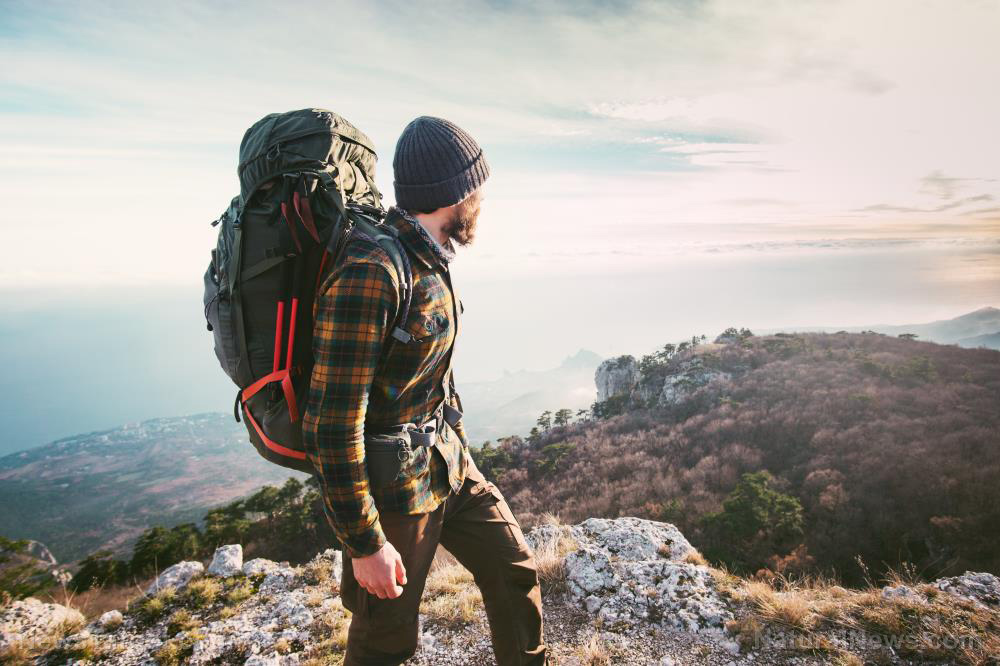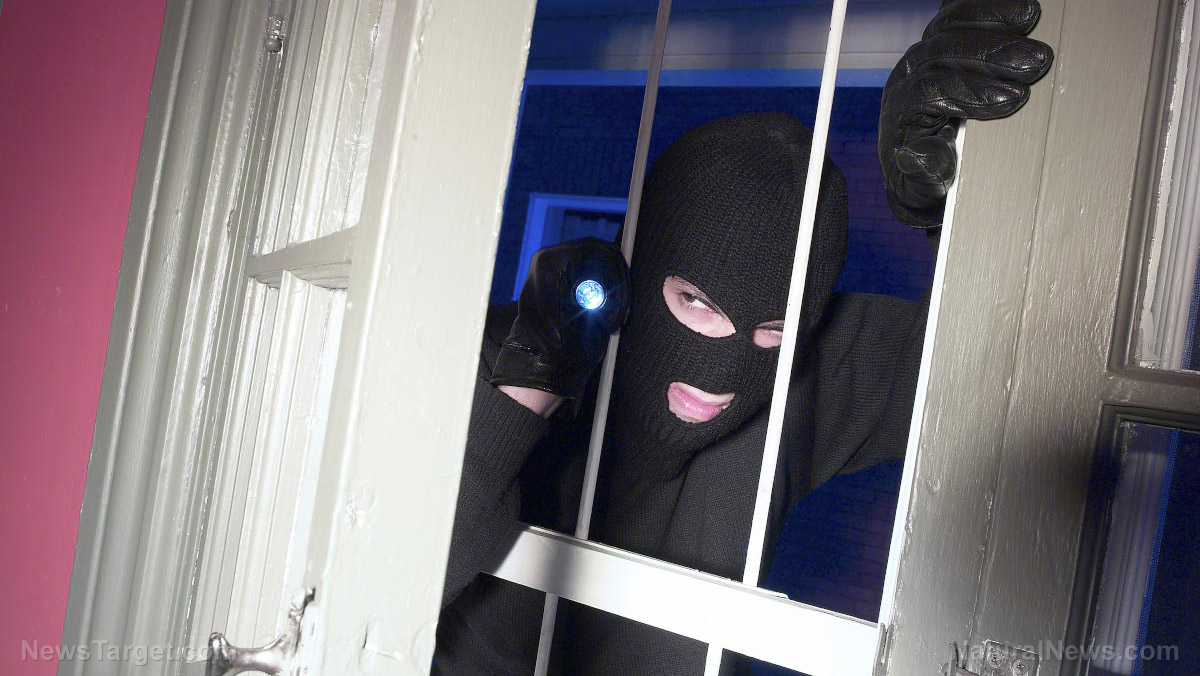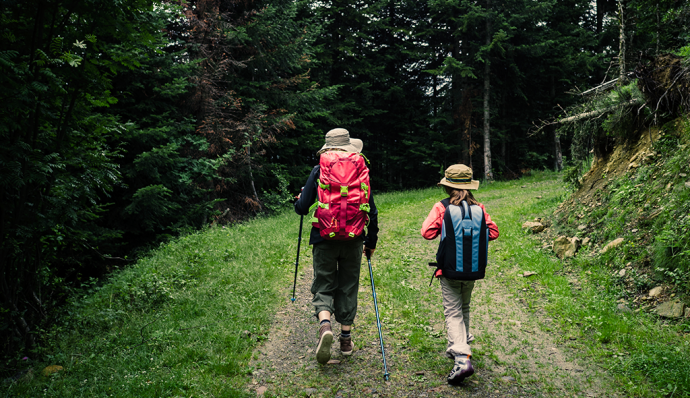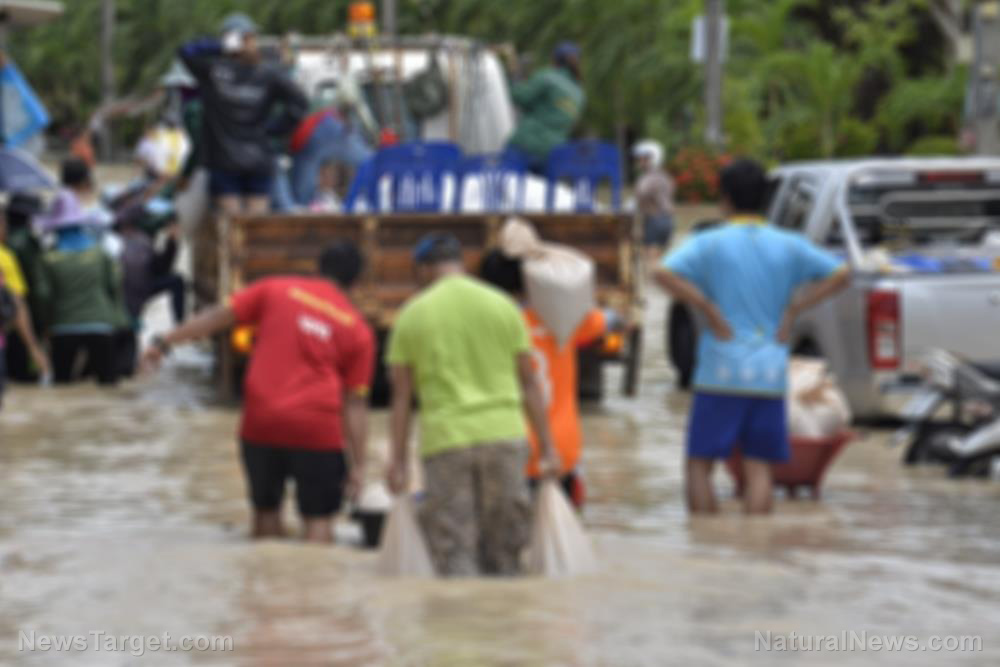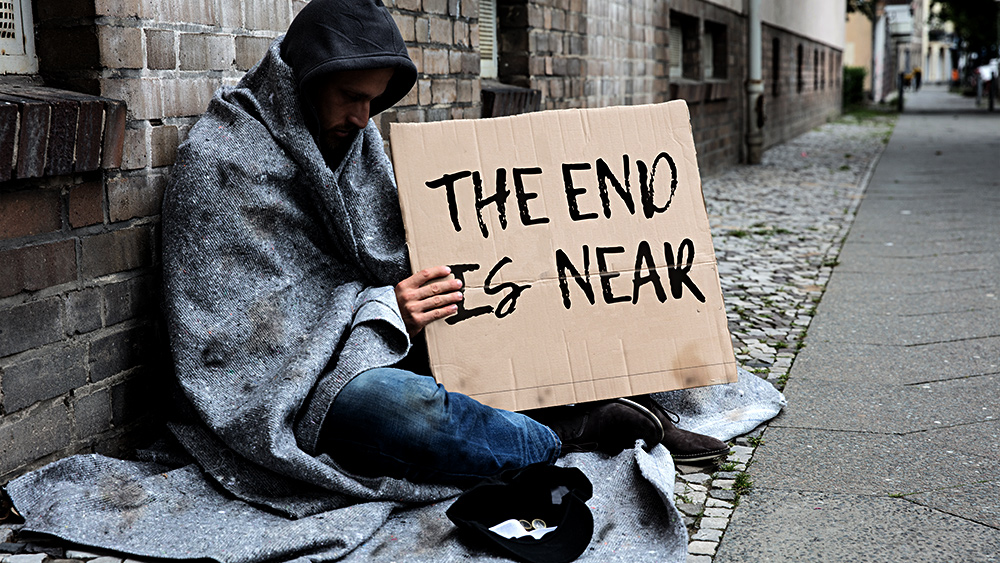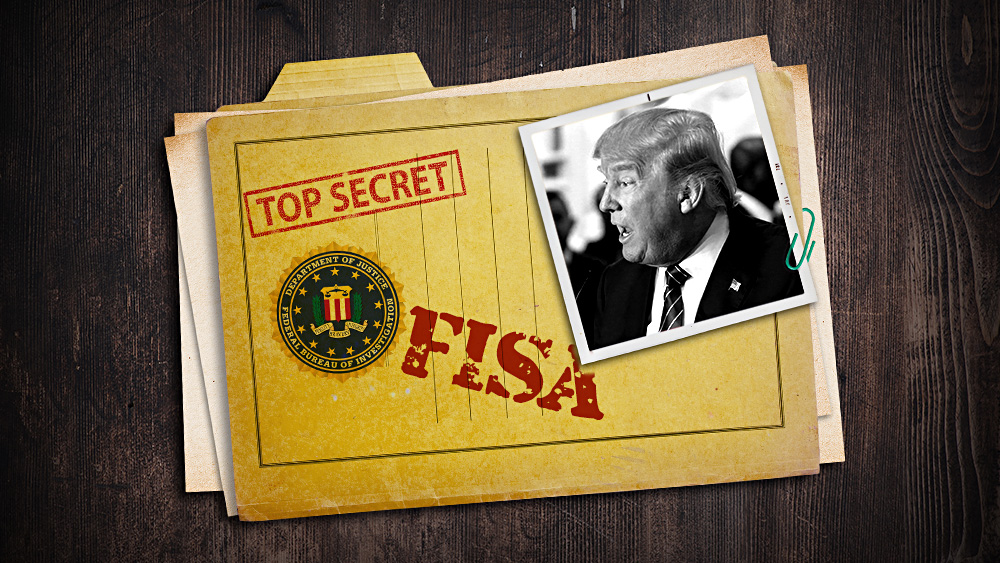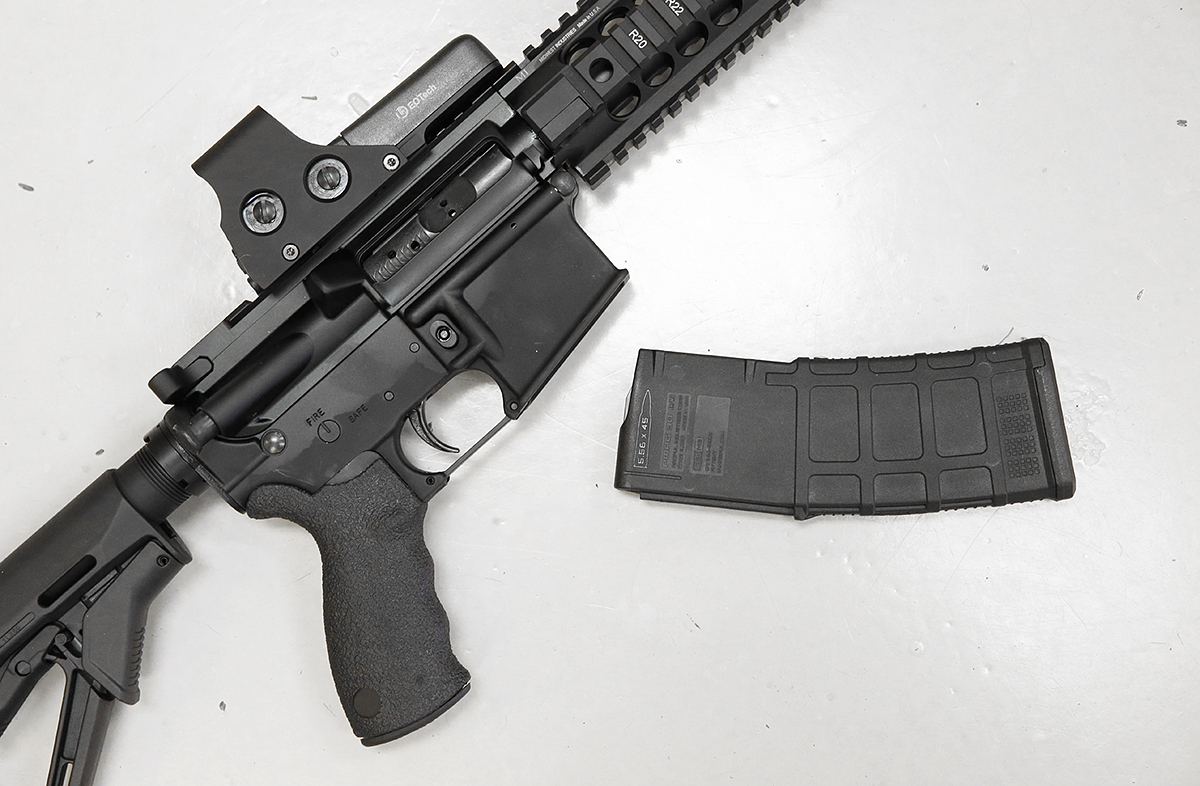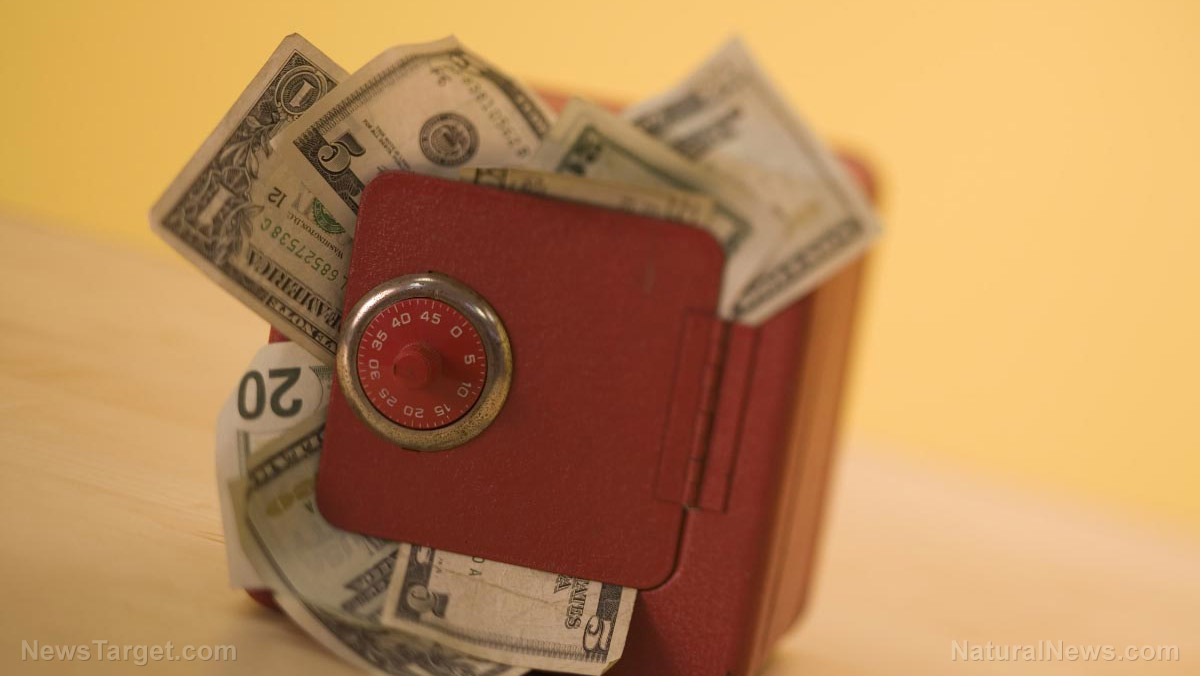The barter and trade economic system of a SHTF economy; interview of a survivor who made it through
02/23/2018 / By Edsel Cook

When SHTF, barter will become the primary system of exchange. So, The Prepping Guide interviewed Selco, a Bosnian who survived a blockade of his city, regarding barter and trade during the Balkans War.
According to Selco, money and precious metals are useless during SHTF conditions. Items with immediate uses are much better.
Cigarettes were the preferred currency for small and quick trades. In other situations, it was ammunition for weapons.
There was no fixed price for goods. Their value changed according to the supply situation. However, common goods like alcohol enjoyed fairly stable prices.
If you needed something immediately (like an antibiotic for a sick child), the price for that good will skyrocket.
Do’s and don’ts for SHTF barter
According to Selco, the rules of SHTF barter economy were similar to those found in flea markets.
- Do not look desperate.
- Do not bring all of your good items to a trade.
- Don’t bring too many goods or high-value goods.
- Never let anyone know about the goods you keep at your home.
- Never use your home as a trade location.
- Go for neutral ground that you can control.
Protecting yourself is a must. Trade during SHTF is a big risk because there are no laws and everyone is looking out for themselves. Find out who has something you need, vet that information, tell him you want a trade and set the terms.
Selco prioritized skills over products as trade goods in the long run. Skills never run out. Potential attackers will hesitate to kill you if they know you have valuable skills.
Medical, repair and technical skills were greatly esteemed during SHTF in Bosnia. Skills related to food, wilderness survival and repairing clothing and items were also sought out. (Related: Treating burns when SHTF: Natural ingredients for any survival scenario.)
For people who aspire to be SHTF traders, Selco recommended the following:
- Store everyday goods like candles, lighters and non-perishable food.
- Store small things or packages that weight little and are easy to hide.
- Store small, cheap items like alcohol pads and condoms that have many uses or high values during SHTF.
- Get something you can “sell or keep.” A solar panel with a battery charger lets you sell battery charging services.
- Avoid being the “big trader.” Join a network of other traders to hide your activities.
- Stock addictive items like alcohol, cigarettes, and coffee.
- Store small lifesavers (antibiotics, anti-tetanus shots, iodine) or things that can’t be made during SHTF.
- Learn useful skills like sewing, gardening, and shoe repair. Gather knowledge on natural remedies and the like.
Time to barter
According to Selco, bartering was mostly done through private arrangements. The only market was unpredictable because a local warlord controlled it.
He warned scams and attacks were commonplace. Trading with people you know before SHTF helped reduce that.
Also, do not wait until you are short on something. Trade well in advance.
Do not go alone to a trade. Take three people to protect you from attackers. And remember to check all the goods in case of scamming.
Having come out of the Balkans War alive, Selco took time to debunk some myths about SHTF barter and trade.
People will not get all together and help each other during SHTF. They will look out for themselves and their families first.
Storing up trade goods for SHTF in order to become the biggest trader only works for warlords. Staying small and being careful is the best way for most people to survive SHTF.
Finally, trade is not about force and weapons. It’s about the right frame of mind. Selco likened it to violence-prone bargaining at a flea market.
Improve your chances of surviving SHTF by looking up more articles at Preparedness.news.
Sources include:
Tagged Under: Balkans War, barter, barter economy, big trader, Bosnia, Collapse, flea market, SHTF, SHTF trade, survival, trade


